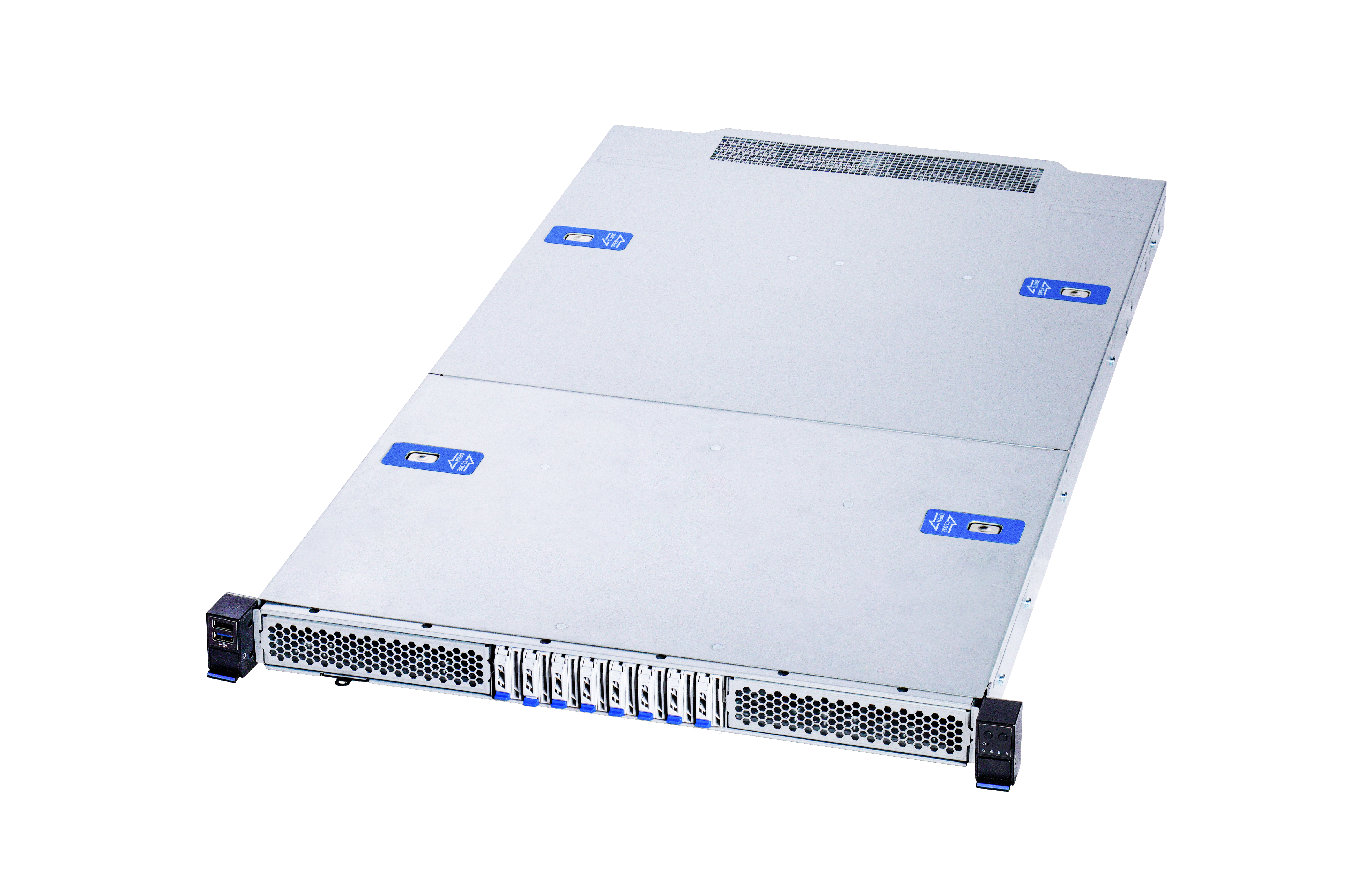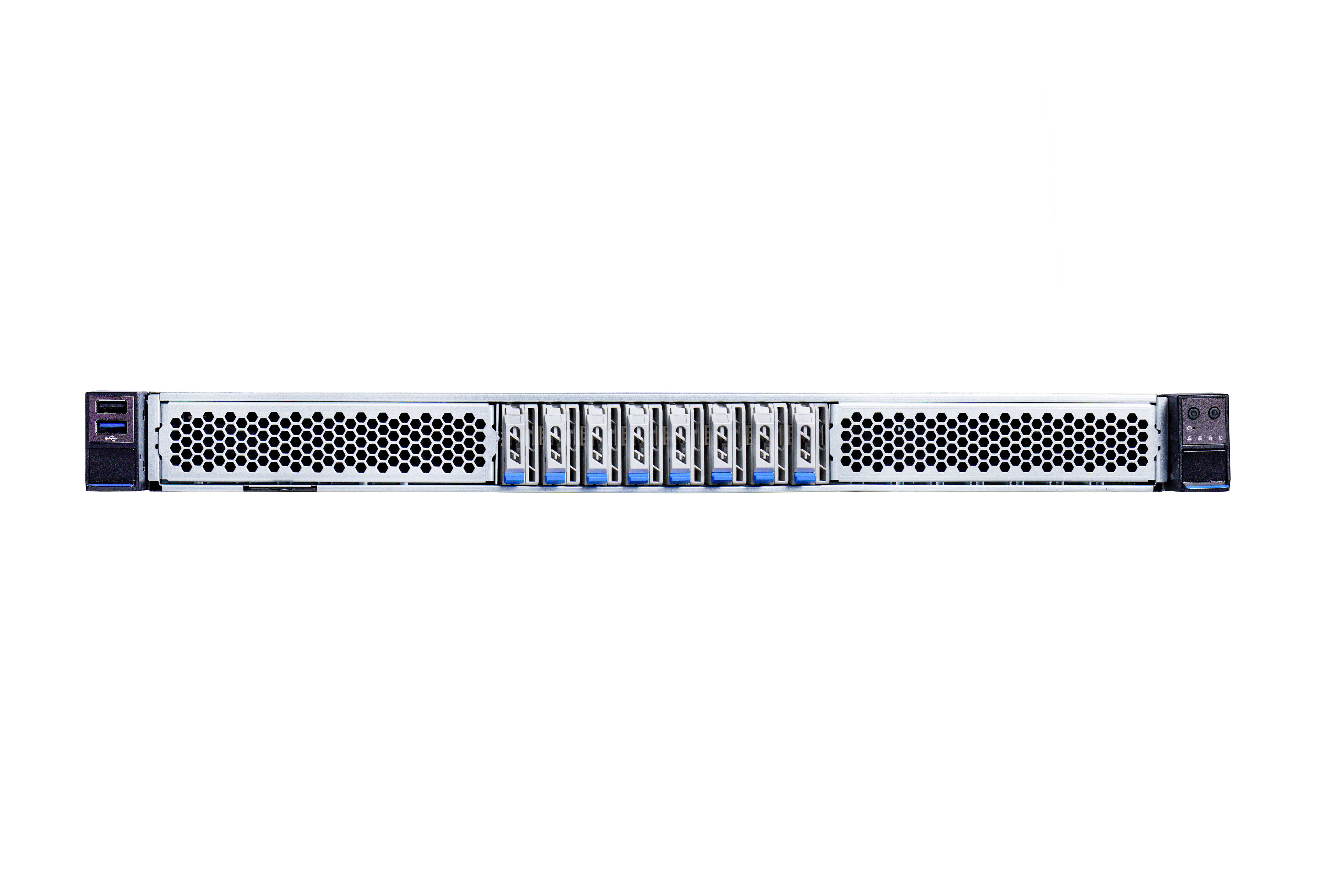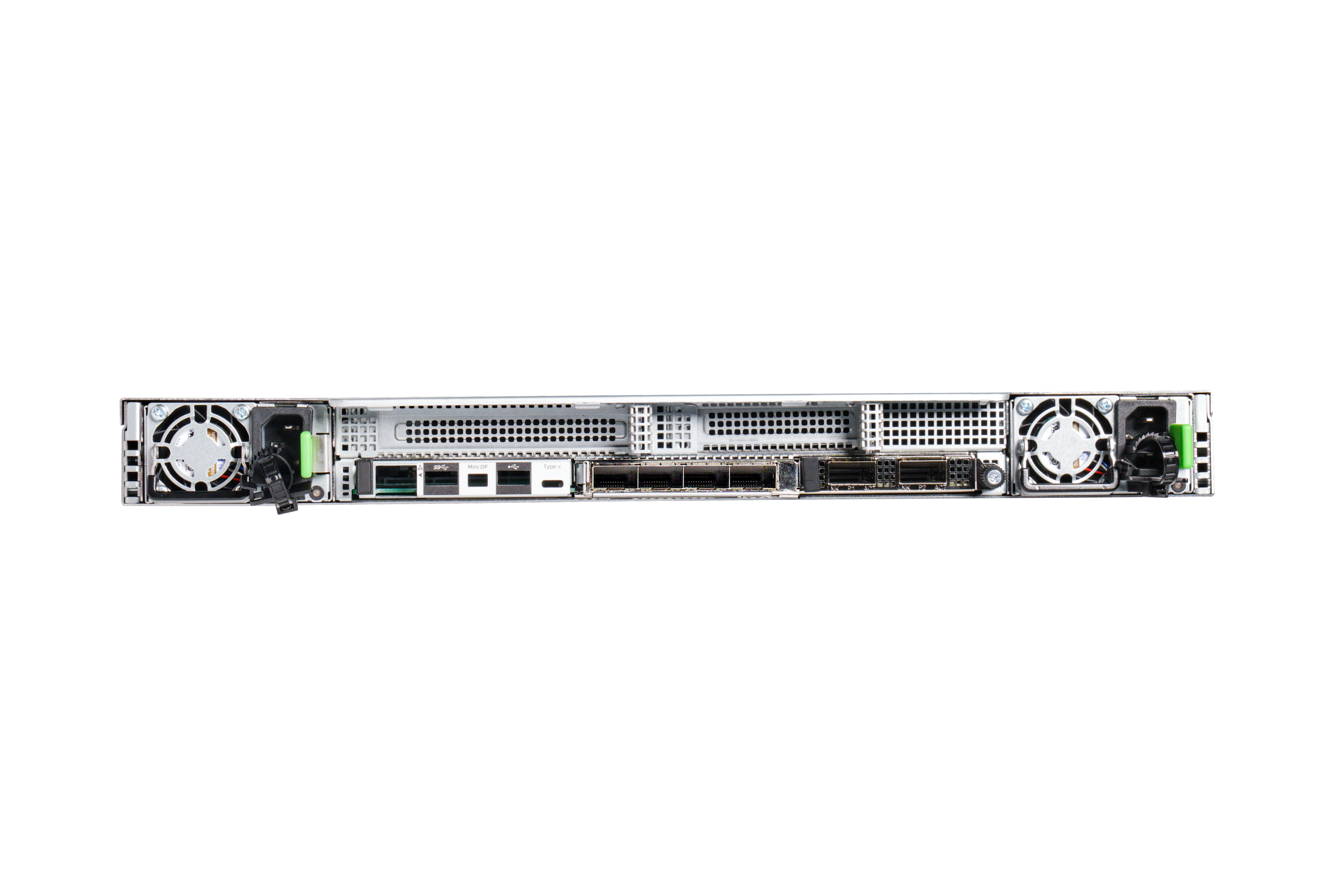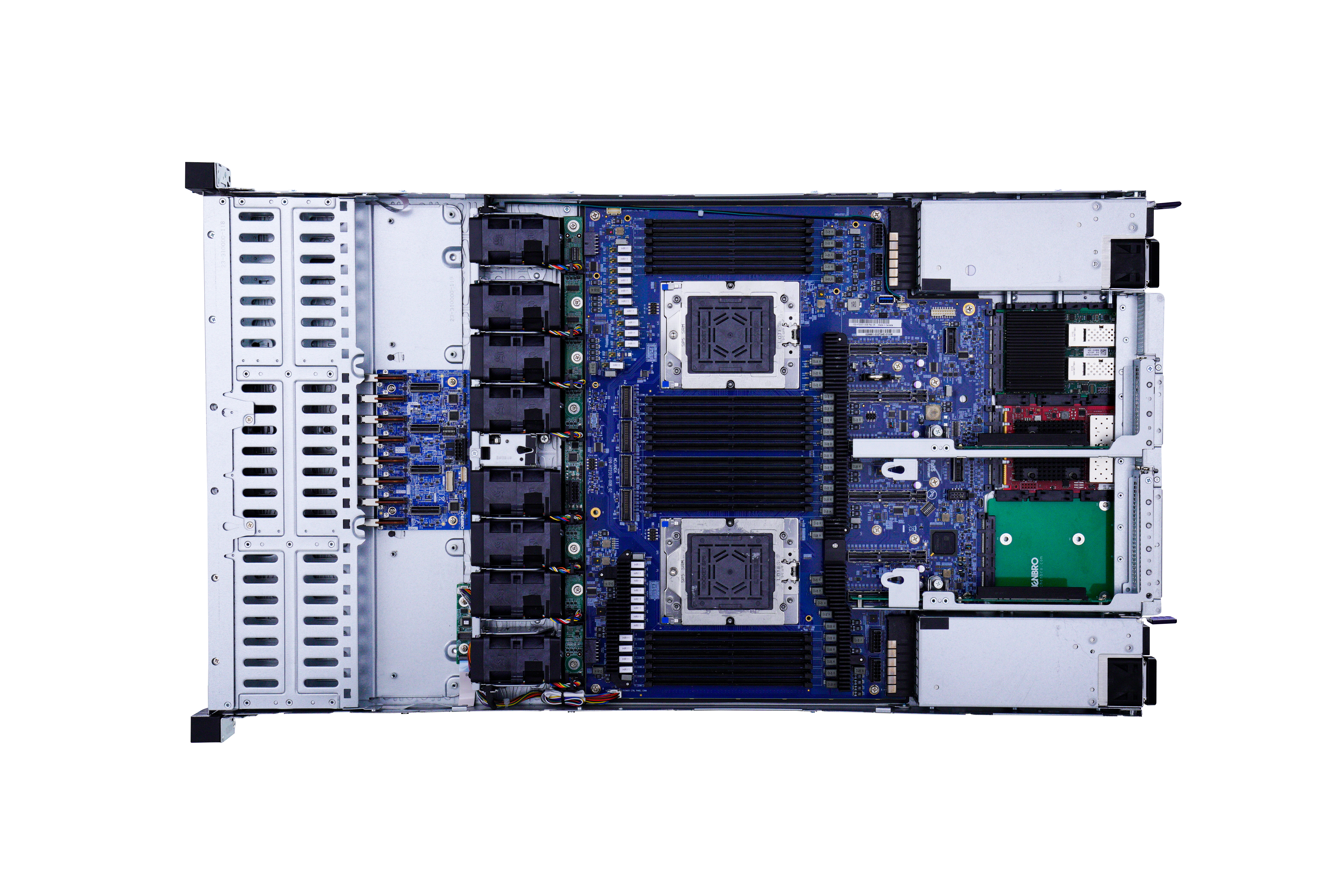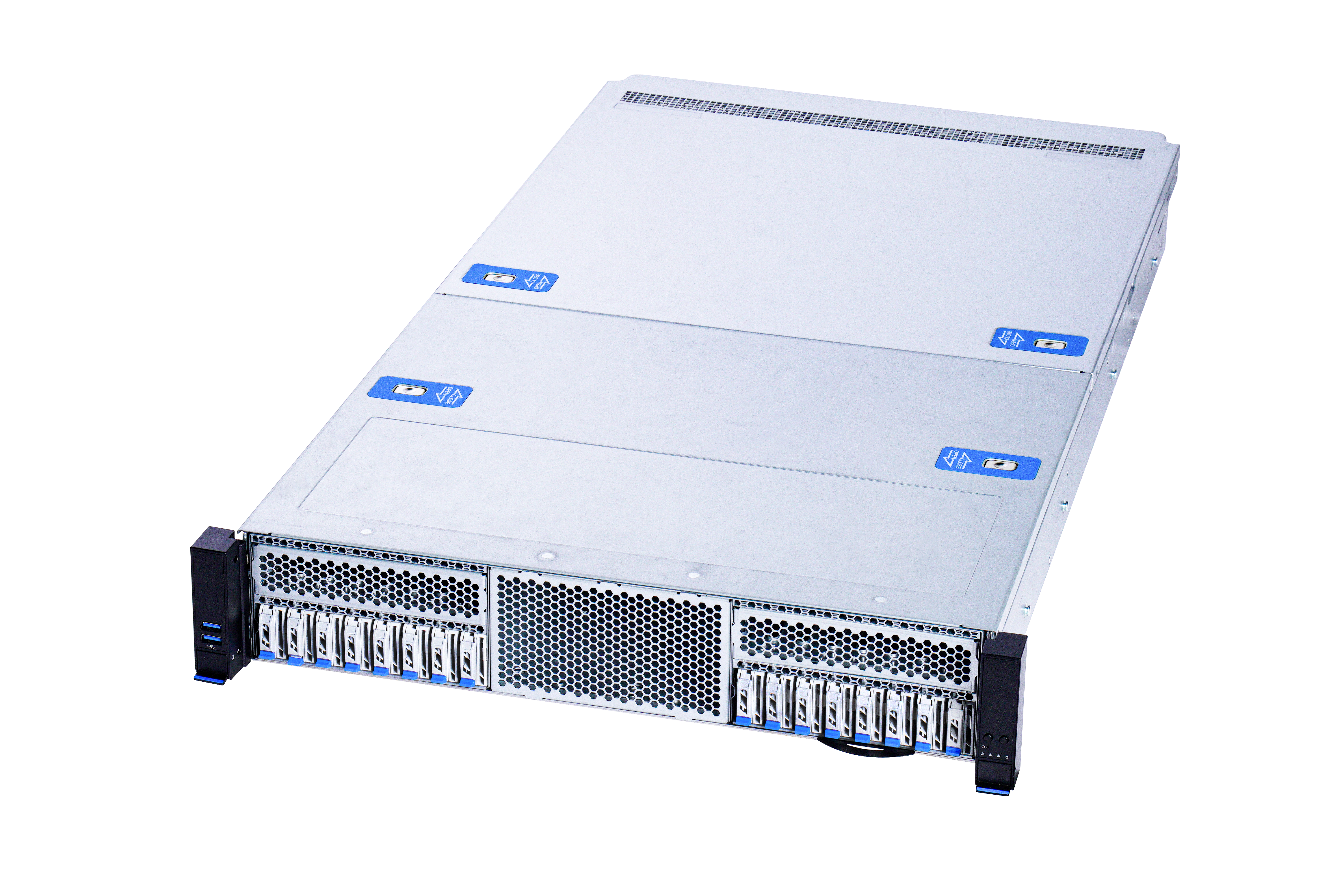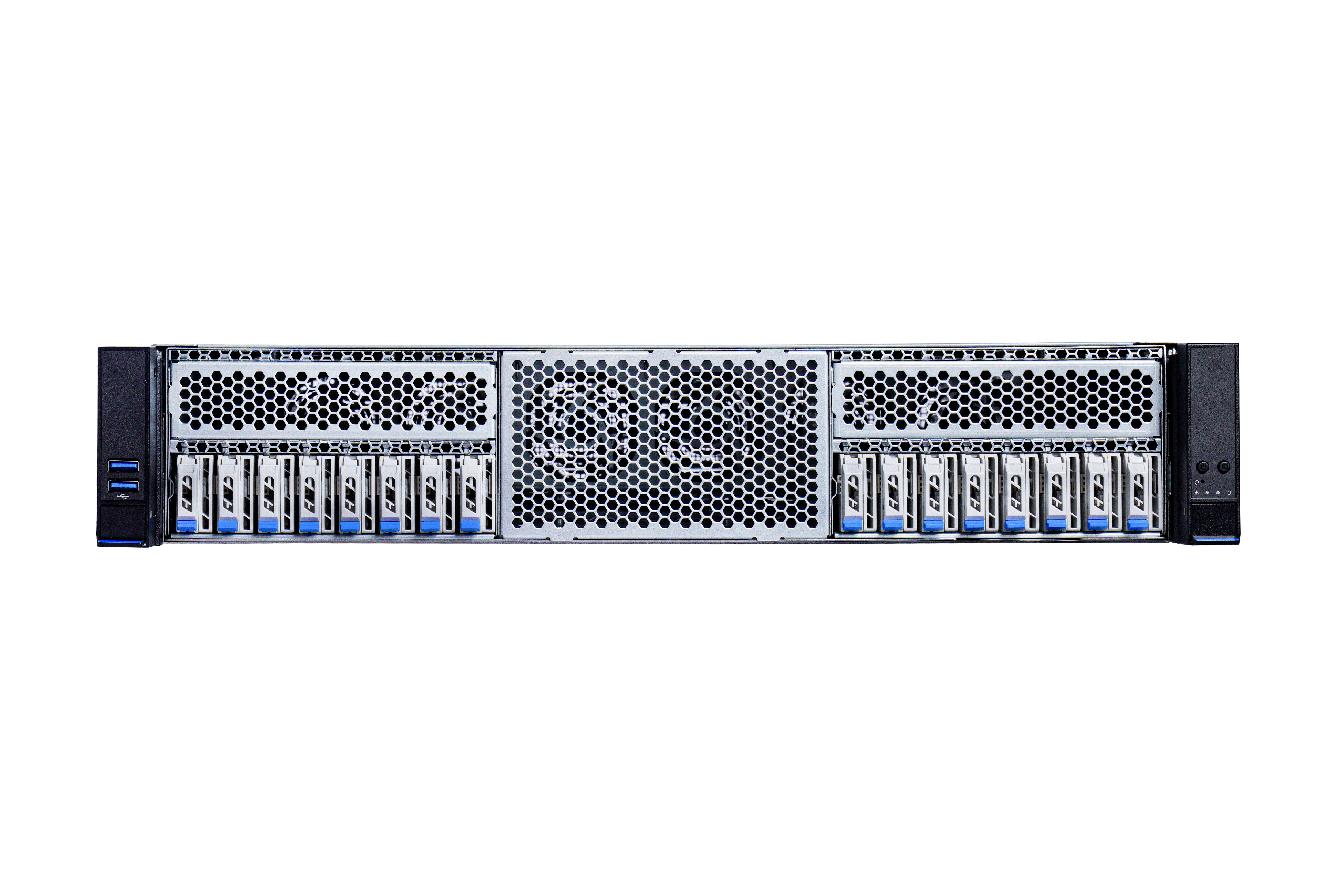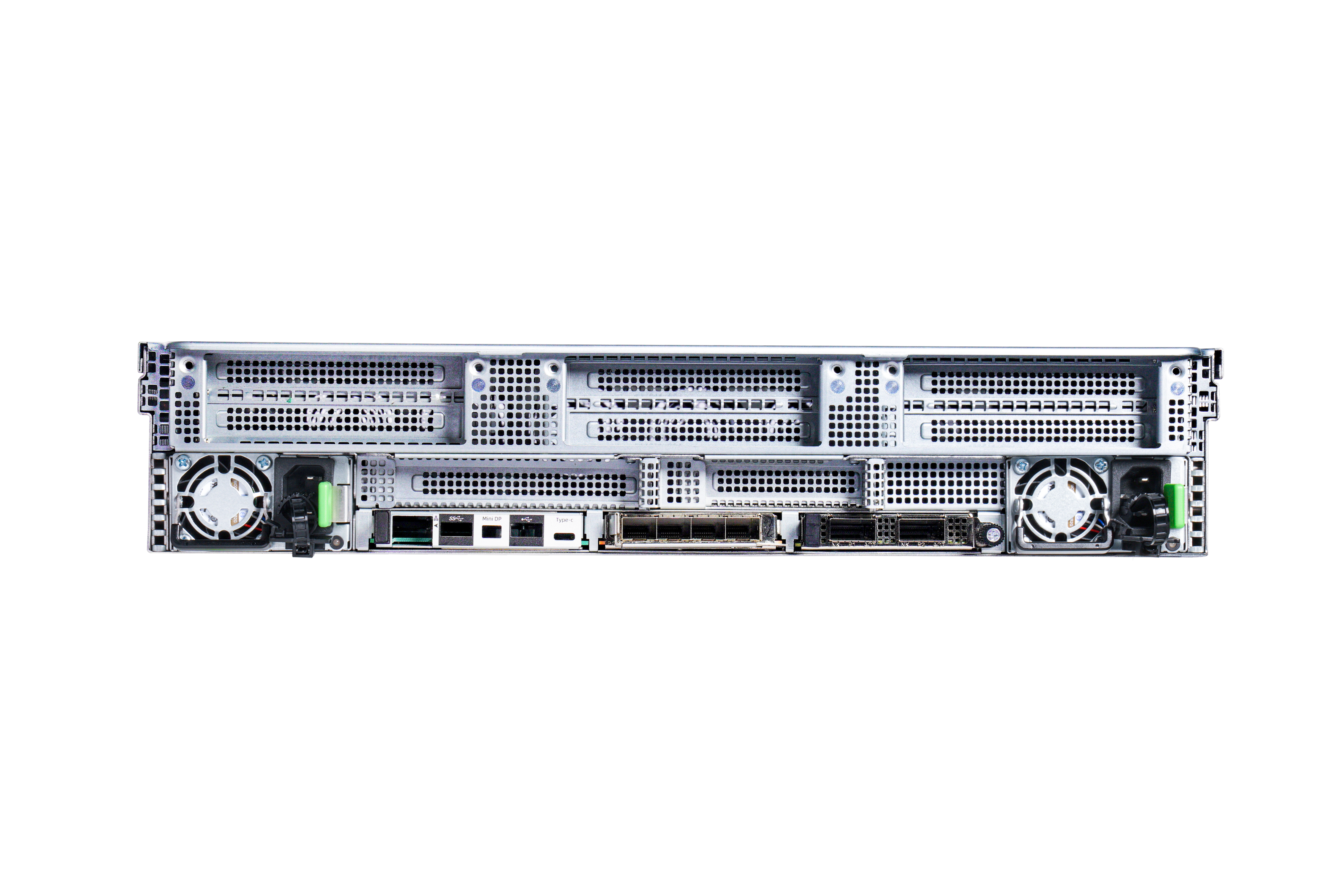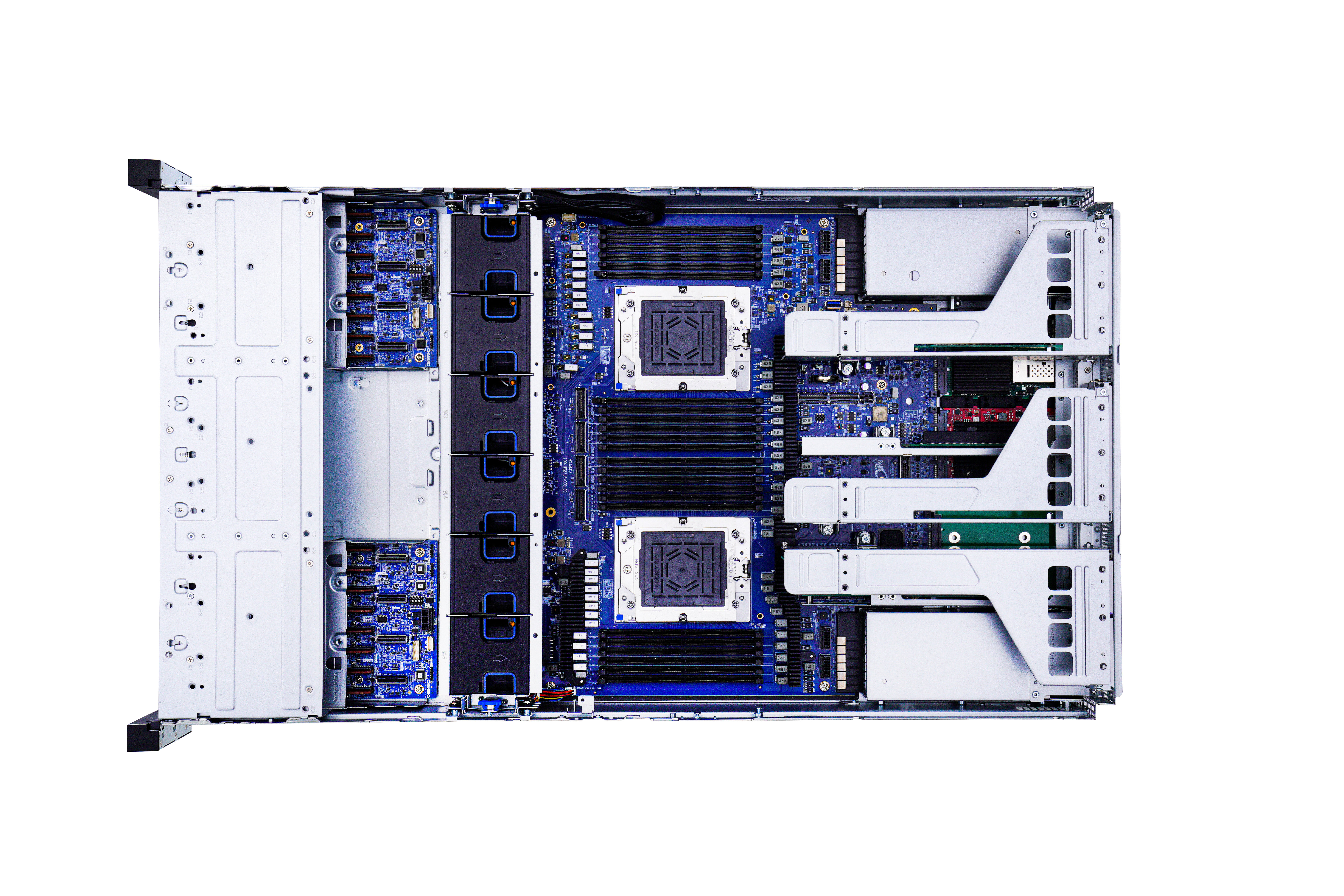Chenbro DC-MHS Series Overview
The Data Center Modular Hardware System (DC-MHS) is a new server architecture introduced by the Open Compute Project (OCP) in 2022, led by Meta and developed collaboratively by cloud leaders, chip manufacturers, connector vendors, and storage device companies. DC-MHS aims to establish a modular approach to server design, providing a flexible and scalable framework that enhances reusability and compatibility across various hardware standards.
What is DC-MHS? DC-MHS is a next-generation modular hardware system that supports a wide range of applications, from cloud computing to data center and edge deployments. Its architecture is built around several key standards, each focusing on different aspects of hardware design, including power, connectivity, and system integration.
DC-MHS Standards: The DC-MHS framework is composed of the following standards, each developed and governed by dedicated teams of experts:
- M-FLW: Modular Hardware System Full Width—Defines the host processor module (HPM) and associated configurations.
- M-SDNO: Modular Hardware System Scalable Density Optimized—Designed for high-density computing applications.
- M-DNO: Modular Hardware System Partial Width Density Optimized—Designed for high-density computing applications.
- M-CRPS: Modular Hardware System Common Redundant Power Supply—Standardizes power supply solutions for different modules.
- M-PIC: Modular Hardware System Platform Infrastructure Connectivity—Facilitates connectivity between various components.
- M-XIO: Modular Hardware System Extensible I/O—Defines interfaces and I/O configurations for greater flexibility.
- M-PESTI: Modular Hardware System Peripheral Sideband Tunneling Interface—Enables advanced peripheral connectivity options.
- OCP DC-SCM r2: Secure Control Module for data center management.
- OCP NIC r3: Network Interface Card, essential for server communication.
Architectural Flexibility and Reusability: The DC-MHS architecture is designed with modularity at its core, making it easy to adapt to different use cases and technologies. It offers the ability to mix and match components, providing support for both x86 and Arm-based systems. This flexibility reduces development time and cost for system integrators, while ensuring compatibility with future generations of CPUs, GPUs, and DPUs.
DC-MHS Configuration Possibilities:
- M-FLW Standard (Full Width): Ideal for large-scale data centers that require powerful compute nodes with comprehensive connectivity options.
- M-DNO Standard (Density Optimized): Suited for environments that prioritize space efficiency and high-density compute power.
For more detailed information on the DC-MHS standards, visit the OCP DC-MHS Wiki.
Application
The modular design of DC-MHS enables various applications and configurations for data centers and edge computing:
- High-Density Computing
With its support for full-width and partial-width modules, DC-MHS can cater to the needs of high-density computing environments, ensuring efficient utilization of rack space and cooling resources. - AI and Machine Learning
DC-MHS's flexible architecture supports high-performance GPUs and DPUs, making it ideal for AI training and inference tasks. The platform allows for scalable configurations to handle varying AI workloads. - Cloud and Enterprise Computing
With its modular approach to power, cooling, and I/O, DC-MHS offers cloud providers and enterprises a versatile solution that adapts to their evolving compute and storage needs. - Edge Computing
The Edge-MHS standard within DC-MHS provides a specialized framework for deploying modular hardware systems in edge environments, enabling low-latency processing and seamless integration with 5G networks.
Supported Configurations:
- RM156 DC-MHS FLW: A 1U chassis designed for cloud computing and data centers, mechanically supporting up to 24 E1.S bays for NVMe storage.
- RM256 DC-MHS FLW: A versatile 2U server supporting up to 8 SFF and 8 E1.S NVMe Gen5 bays, with options for both single and dual-socket configurations.
Key Benefits of DC-MHS:
- Improved Reusability: Modular architecture allows for easy swapping and upgrading of components.
- High Scalability: Supports multi-generational hardware, ensuring future compatibility and investment longevity.
- Enhanced Interoperability: Consistent form factors and interfaces enable seamless integration across different platforms and vendors.
What CHENBRO solution offers you...
 Comprehensive concept engineering
Comprehensive concept engineering Cost saving
Cost saving Excellent scalability
Excellent scalability Leveraging the existing module & tooling
Leveraging the existing module & tooling Off the shelf (OTS) module matrix available
Off the shelf (OTS) module matrix available Time management & efficiency
Time management & efficiency User satisfaction
User satisfaction Well product-market fit
Well product-market fitChenbro DC-MHS Solution
RM156 DC-MHS FLW Server Chassis
The RM156 is a compact, high-performance 1U chassis, engineered for single/dual-socket motherboards (M-FLW), ideal for dense data center deployments.
- Motherboard Form Factor: Supports single/dual-socket MB (M-FLW) 13.7” (18.4”) x 16.7”
- Storage: Supports up to 24 bays of E1.S NVMe Gen5 and compatible with E1.S 1T/2T modules, providing scalable storage solutions
- Expansion: Supports 1 full-height card + 1 low-profile card (default) or 2 full-height cards (optional), making it highly adaptable for various configurations and workloads
- Power Supply: Supports 1600W 1+1 CRPS, ensuring energy-efficient power delivery
- Cooling: Supports 8 x 4056 high-speed fans, ensuring reliable thermal management for high-density systems
- Rear window design supports an open-loop liquid cooling system (optional)
- Expected to launch in 2025 Q4
For more details, download the DC-MHS FLW RM156 Datasheet.
RM256 DC-MHS FLW Server Chassis
The RM256 is a high-performance, flexible 2U chassis designed for single/dual-socket motherboards (M-FLW) with advanced features including:
- Motherboard Form Factor: Supports single/dual-socket MB (M-FLW) 13.7” (18.4”) x 16.7”
- Storage: Supports up to 24 bays of E1.S NVMe Gen5 and compatible with E1.S 1T/2T modules and E3.S 1T/2T modules, providing scalable storage solutions
- Expansion: Supports up to 8 full-height cards or 3 double-width GPGPU cards, making it highly adaptable for various configurations and workloads
- Power Supply: Supports up to 2700W 1+1 CRPS, ensuring energy-efficient power delivery
- Cooling: Supports 6 x 6056 high-speed fans, ensuring reliable thermal management for high-density systems
- Rear window design supports an open-loop liquid cooling system (optional)
- Expected to launch in 2025 Q4
For more details, download the DC-MHS FLW RM256 Datasheet.
Download
Event
Three Major Service Models




Contact Us
Please fill in your contact information in the form below and we will respond to your inquiries or questions as soon as possible.
Fill Form
